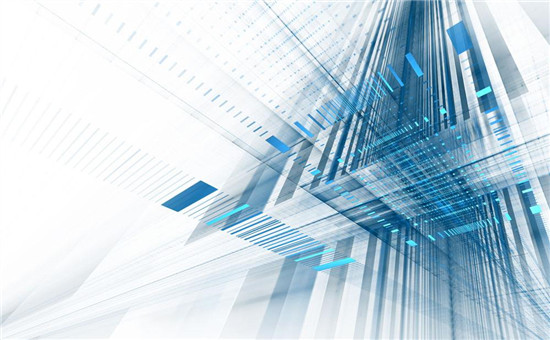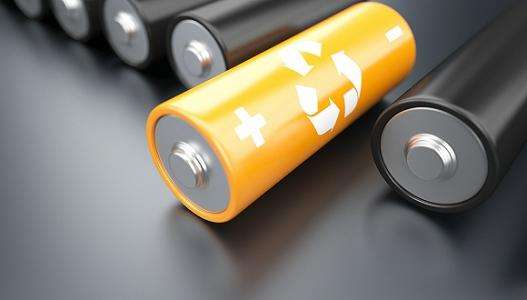Lithium-ion Battery Comparison- Best Battery and Advantages
Dec 25, 2019 Pageview:1790
Is there a better battery than lithium-ion?
Currently, lithium-ion cells seem to be the leading power source for many industrial and technological developments. However, research and technological developments suggest future breakthroughs in battery technology that will replace the current showman in the sector. There are enough technological tools to help better lithium-ion technology and solve the problem of an increase in the demand for larger energy densities. However, fixing the issue doesn’t seem to be of higher priority than the current provider of energy and thus, scientists are focused on improving this lithium-ion battery rather than replacing it.
Also, one should consider the type of application at concern because in some areas, lithium-ion batteries may be less of an alternative due to various factors. Take for example, automotive starters; lead-acid batteries seem to dominate this sector due to its lower price as compared to lithium-ion cells. You should also factor in the various versions and forms of lithium-ion technology, which falls in a broad and extensive category. There may be developments in the advancements of alternatives to lithium-ion but that only provides a small window for something better at the moment.
Is there a difference between lithium and lithium-ion batteries?
Yes, there is a difference between these two battery types despite both of them including lithium technology in their properties. The differences can further be categorized into various divisions such as:
Type of cell
The primary difference between the two is dependent on the cell type. While lithium cells are considered primary cells, lithium-ion batteries can be termed as secondary cells. This means that lithium batteries are not rechargeable, while lithium-ion cells are rechargeable.
Properties
Lithium cells deliver sufficient energy densities but are seemingly lower than the amount produced by lithium-ion batteries relative to their sizes. This property also makes lithium-ion cells less vulnerable to high maintenance costs and is environmentally friendly as compared to lithium batteries due to its rechargeable feature.
Functionality
Lithium-ion battery works on the principle of the conventional dry cells. It uses lithium metal as the electrode producing energy through the corrosion or oxidation of the metal. Once this energy runs out the battery is to be disposed of as it isn’t rechargeable.
On the other hand, lithium-ion cells make use of lithium cobalt at the cathode, a carbon anode and an electrolyte made of lithium salt. During charging, the lithium ions in the electrolyte move between the electrodes and react with carbon to form lithium carbonate. During discharge however, the ions move back to the cathodes, thereby completing a cycle.
Why is lithium-ion the best battery?
Longer lifespan
The lifespan of any secondary cell or rechargeable battery is mainly predetermined by its capability of handling charge-discharge cycles. Standard lithium batteries can accommodate hundreds of charge-discharge cycles while its average and more improved versions can handle thousands of cycles before losing about 30% of their original charge capacity at maximum. The more advanced versions of lithium-ion batteries are capable of handling over 5000 cycles. One should note that a single cycle for any battery only occurs if more than half of the battery capacity has been discharged before recharging to full once more.
Smaller and weigh less
Another unique benefit of these lithium-ion cells that make them special is the fact that they are smaller, more portable and lighter inherently when considering their charge capacity. Lithium-ion cells tend to have a high energy density relative to its physical size and this seems to be more than what other rechargeable batteries have to offer. This property makes lithium-ion batteries capable of providing large charge capacities without having to be bulky, thus making them more portable. Their portability is what makes them preferable for the various electronic devices owned by consumers worldwide while also making them perfect for high-end inventions like the electric car.
Faster charging rates
Lithium-ion batteries tend to be much quicker to charge as compared to other rechargeable battery technologies like NiMH or NiCad types. From a rational perspective, an excellent lithium-ion battery will take about 1-2 hours for it to charge to maximum capacity or at times even less with the development of fast charging chargers. This however, depends on the specifications or details concerning the hardware together with the original mAh capacity of the battery. Other rechargeable cells however, may take up to twice the time taken by the lithium-ion ones to charge to full capacity, therefore, making them less convenient.
High energy density and efficiency
Lithium batteries tend to provide its users with large energy densities with better efficiency levels as compared to other types of rechargeable cells. This property originates from the basic principle of lithium-ion batteries having a high energy density relative to its pre-determined physical size. The resulting effect is a low self-discharge rate of about 1.5% monthly with the absence of memory effect. Other kinds of rechargeable batteries provide a lower energy density and are thus not the most preferred options for high-energy applications.
Low maintenance
Lithium-ion batteries don’t require much maintenance to ensure their efficiency and keep their performance in check. This significantly reduces the efforts and costs that would’ve been used to keep these cells in good condition due to ‘inferior’ manufacturing. High maintenance was reflected in the NiCad cells which required periodic discharge to make sure that they didn’t portray memory effect. This situation however, does not affect lithium-ion batteries, thus making them the better option.
Comes in a wide variety
There are many varieties or versions of lithium-ion batteries manufactured for different applications. Some versions or types of lithium-ion cells provide high current densities suitable for consumer electronics while others offer larger current suitable for advanced inventions like electric vehicles.
Conclusion
There are many reasons why lithium-ion can be termed as the best or most preferred battery of the 21st century and they all lie in its many benefits. Lithium-ion calls provide its users with a multitude of advantages that surpass its predecessors and affirm its superiority in the battery industry. For decades this battery technology has been the life force behind the industrial and technological development providing a reliable power source for the many advanced and unique inventions. Although many other advancements in battery technology continue to be made, and research has proven positive results for the future, lithium-ion cells are here to stay for a while.
Leave Message
Hottest Categories
-
Hottest Industry News
-
Latest Industry News












